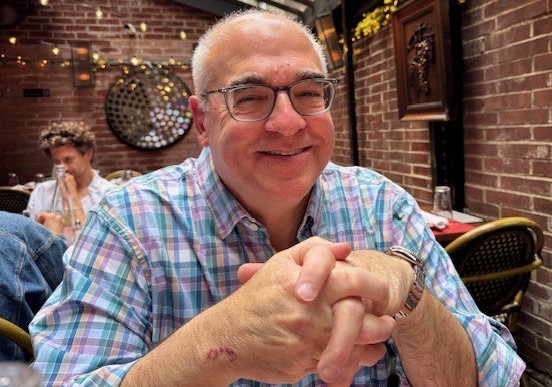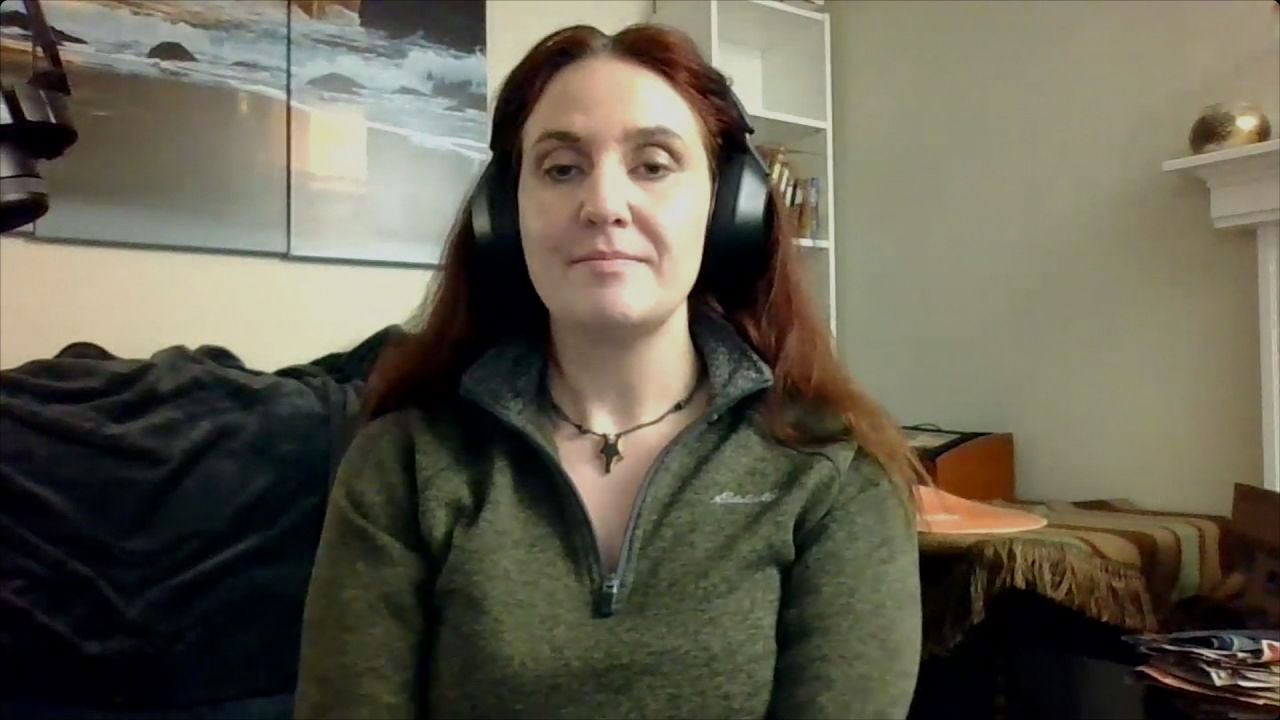At just 61 years old, Connecticut resident Lee Ross received a life-altering diagnosis: early onset Alzheimer’s disease. Despite his professional background as an attorney with the state judicial branch, Ross had been experiencing troubling cognitive symptoms, including difficulty finding words and completing sentences. After persistent efforts to seek answers, he finally received confirmation of his condition earlier this year.
“Given my background, I had been noticing for a couple of years that I could not remember things like I used to,” Ross explained. After dismissing potential causes such as anxiety and lack of sleep, he underwent a series of tests and brain scans, which ultimately revealed the presence of amyloid plaque in his brain—a hallmark of Alzheimer’s disease. “I just knew that something wasn’t right,” he added.
Confronting a New Reality
Following his diagnosis, Ross was forced to retire from his role as legislative director, where he liaised with various branches of government and set legislative priorities. “All of a sudden I am an Alzheimer’s patient,” he reflected, emphasizing the shock of his situation. Although the diagnosis came early, Ross recognized the progression of the disease could lead to significant cognitive decline. “I am pretty high functioning, but the anxiety of having it is hanging over your head,” he said.
In the face of this daunting news, Ross discovered promising treatment options, notably the drug Leqembi. Developed by Eisai in partnership with Biogen, Leqembi is designed to slow the advancement of Alzheimer’s by reducing the buildup of amyloid in the brain. Time magazine reported on its potential benefits, which led Ross to make a swift decision regarding his treatment. “I didn’t hesitate for a second,” he stated about starting the medication.
Advocating for Early Diagnosis
Ross, alongside his wife Doreen Ross and their two adult sons, weighed the risks and benefits of Leqembi. He concluded, “The benefits of this far, far outweigh the risks.” While acknowledging the potential side effects—such as headaches and confusion—he emphasized that the alternative of not pursuing treatment was “just not an option.”
The Alzheimer’s Association has noted that Leqembi represents a significant advancement in treatment options, with Ross becoming an advocate for early diagnosis and testing. “Lee took himself to the doctor—he got answers a lot of people don’t,” said Kristen Cusato, Director of Communications for the Alzheimer’s Association Connecticut and Rhode Island Chapter. She described Ross as an “amazing example” of proactive health management.
Currently, there are approximately 80,000 individuals living with Alzheimer’s in Connecticut, and around 250,000 nationwide who experience younger onset Alzheimer’s, defined as a diagnosis before age 65. Cusato emphasized the importance of education and early intervention, stating, “If you are in the early part of the disease, there are a lot of options for you.”
In addition to medication, research has shown that lifestyle changes—such as improved nutrition and increased physical activity—can also contribute to cognitive health. A recent clinical trial, known as the U.S. Pointer study, demonstrated that combining these approaches can yield positive cognitive benefits in older adults at risk of decline.
As part of his advocacy, Ross has organized a team for the upcoming Walk to End Alzheimer’s event in Greater Hartford, scheduled for October 19. The event aims to raise awareness and funds for Alzheimer’s research and support services. “If I could do something, if I could maybe tell my story a bit, maybe they would think, ‘I should get some testing,’” Ross said, highlighting his commitment to helping others in similar situations.
Despite the challenges he faces, Ross remains hopeful about his future. “So far on the drug, I haven’t really felt very different,” he remarked, noting that treatment benefits take time to manifest. He remains determined to maintain his cognitive health for as long as possible, stating, “I am hoping to stay this way for quite a while.”
For those seeking more information on Alzheimer’s disease or related conditions, the Alzheimer’s Association provides a 24/7 helpline at 1-800-272-3900 and additional resources at alz.org.







